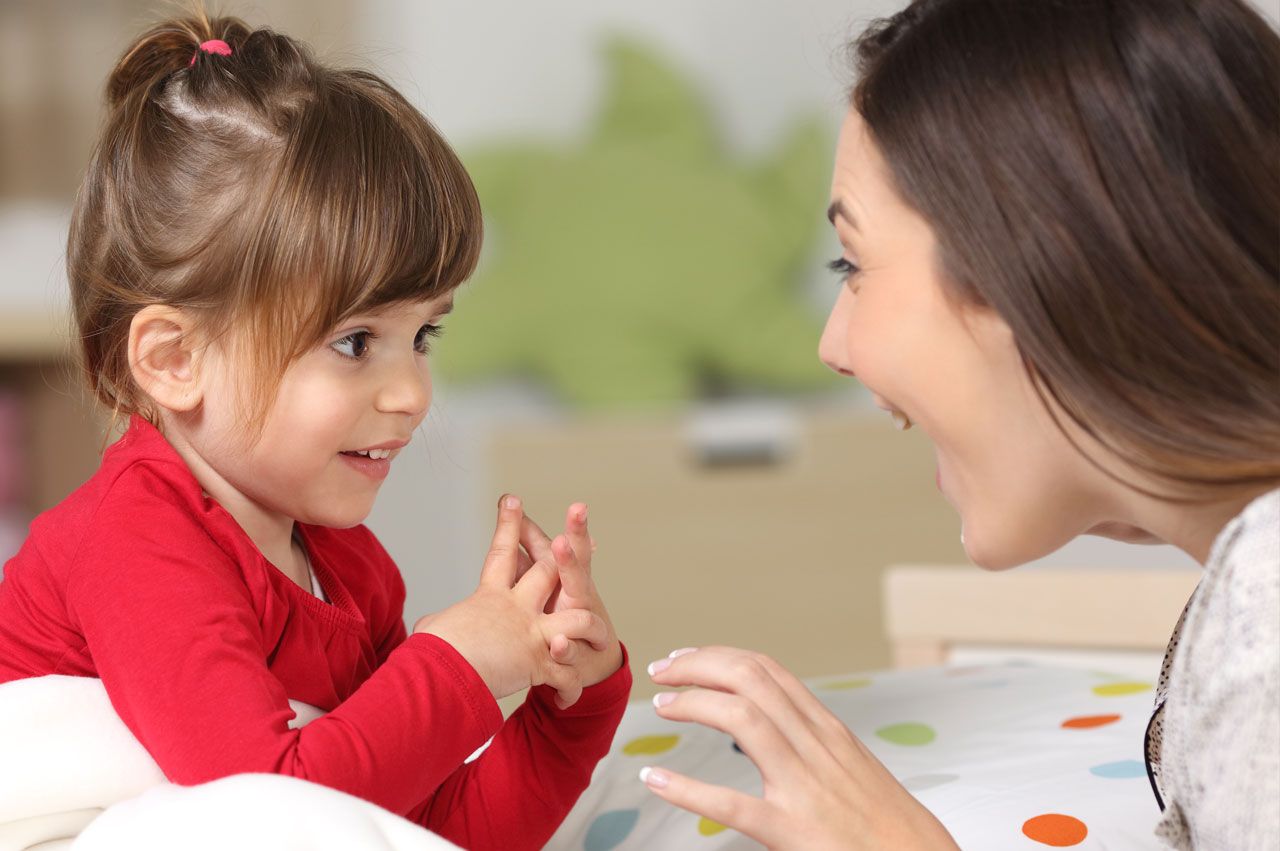
Talking to young children about Covid-19
This excellent and timely commentary argues that the impact of the Covid pandemic on very young children has been overlooked.
Even in the first year of life, children are highly sensitive to changes in the emotional temperature in their environment and children under three experience stress and fear when a relative becomes seriously ill or dies. Yet children’s comprehension of death is limited. Three and four year-olds don’t understand that a person who has died is not simply absent.
Age-appropriate explanations are vital to help children cope with the sense of threat that has been experienced in every household over the last few months. The authors recommend that ‘following a bereavement, it is important to gently repeat the key message that the dead person will not, and cannot, return’. Additionally, children must be helped to understand that the cause of their loved one’s illness or death is not bad behaviour on their part and that they are in no way to blame. Without support, children will find their own explanations for what is happening.
Communication should be specific, avoiding euphemisms such as ‘we lost Grandpa last night’ which leave children confused and even more frightened (Where was Grandpa lost? Why can’t we find him? What if I get lost?) Telling the truth is the best strategy, but the truth has to be expressed in words appropriate to the age and understanding of the child.
Read more: Rapa, E. et al. (2020) Talking to children about illness and death of a loved one during the Covid-19 pandemic. Lancet Child & Adolescent Health. Available at: https://www.thelancet.com/journals/lanchi/article/PIIS2352-4642(20)30174-7
- Created on .
